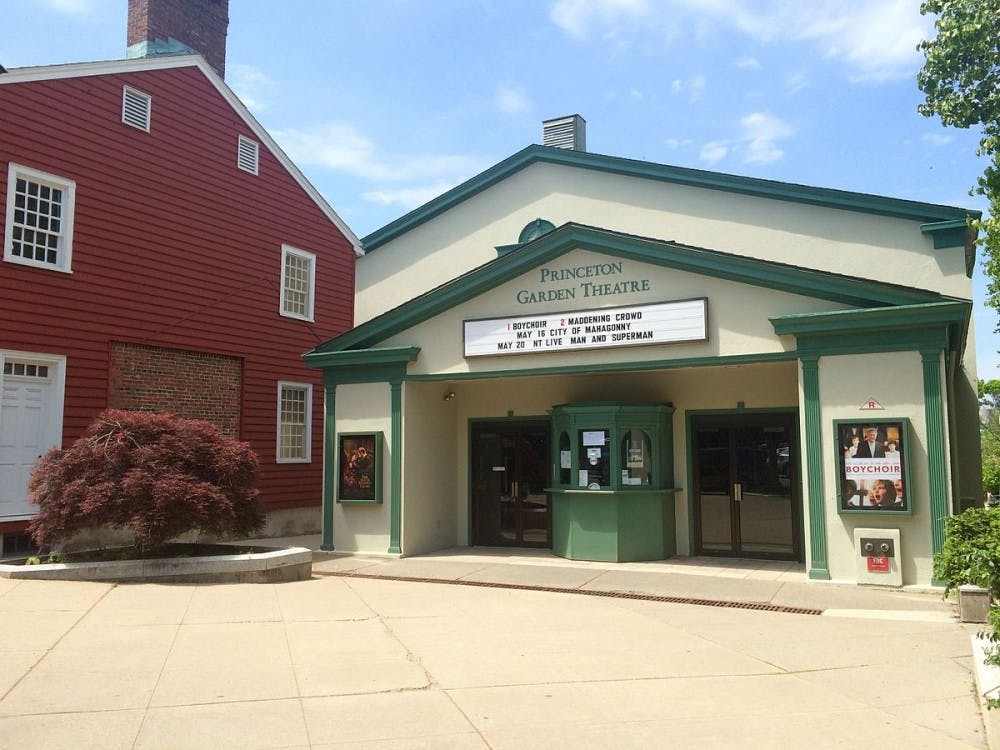
Djkeddie / Wikimedia Commons
I was 14 when I watched “The Social Network” for the first time, but even at this very moment four years later, I still remember everything about it. I especially remember the now-iconic opening scene between Jesse Eisenberg and Rooney Mara — the first time I saw it, I thought that the mile-a-minute dialogue sounded like music. It was the first time I had ever paid considerable attention to film dialogue. Today, I have aspirations of being a screenwriter — and Aaron Sorkin’s “The Social Network” is precisely the reason why.
“The Social Network” is set at Harvard at 2003 and details the creation of Facebook by Mark Zuckerberg. From its very first line, “The Social Network” announces itself unmistakably as Sorkin’s writing — there is obviously his trademark breakneck, whip-smart dialogue; his witty, whiny men with their immense intellect and poorly-disguised narcissism (this detail serving as an advantage to Sorkin rather than a handicap); and a dark, insistent kind of pessimism. Adapted from Ben Mezrich’s “The Accidental Billionaires,” “The Social Network,” directed by David Fincher, is a film crafted to perfection. Jesse Eisenberg plays Facebook’s CEO, Mark Zuckerberg, with an incredible amount of insight: He is unfazed and unflustered, never raises his voice, never concurs in an argument, and is profoundly aggravating. These traits are exhibited all while he demands a certain admiration and sympathy from his audience, as unwilling as they might be. With Sorkin’s script, and four powerhouse performances (see Andrew Garfield), “The Social Network” was the sharpest movie I had ever seen when I first watched it — and it still is today.
There is much to appreciate about “The Social Network,” including Fincher’s impeccable direction, quality acting, and Sorkin’s airtight script. Take for example, how Sorkin uses overlapping dialogue to indicate misunderstanding between characters. In the opening scene I so adore, it’s remarkable to note that Mark and Erica are almost never on the same page, even in something as simple as this:
MARK: The Phoenix is the most diverse. The Fly Club — Roosevelt punched the Porc.
ERICA: Which one?
MARK: The Porcellian, the Porc, it’s the best of the best.
ERICA: Which Roosevelt?
The overlapping dialogue effectively characterizes Mark as rude, abrasive, and someone who struggles to communicate within the first couple of minutes of the film. Perhaps this is ironic for the mastermind of a social networking site, but the truth is that the film’s greatest strength lies in its cruel irony — “The Social Network” is not about Facebook or connectivity, but loneliness; the genesis of a technology designed to bring people closer began with a breakup and ended with the dissolution of a friendship. At the end, Rashida Jones’ spectator character observes, “You’re not an asshole, Mark. But you’re trying so hard to be.” In doing so, she acquits him of the scathing remark his ex-girlfriend Erica delivers at the end of the opening scene: “You’re going to go through life thinking that girls don't like you because you're a nerd. And I want you to know, from the bottom of my heart, that that won't be true. It'll be because you're an asshole.” But even if Jones doesn’t agree with Mara’s accusation, the script — and the audience — do. Even after two hours of breakneck arguments and hyperactive head-butting, Zuckerberg is still exactly where he was at the beginning of the film — sitting across from somebody, be it Erica or Eduardo, rude, abrasive and unable to communicate. And if that isn’t truly the greatest irony of all, I don’t know what is.
"network" - Google News
February 26, 2020 at 10:36AM
https://ift.tt/2SZzkSB
USG Movie Review: 'The Social Network' - The Daily Princetonian
"network" - Google News
https://ift.tt/2v9ojEM
Shoes Man Tutorial
Pos News Update
Meme Update
Korean Entertainment News
Japan News Update

No comments:
Post a Comment